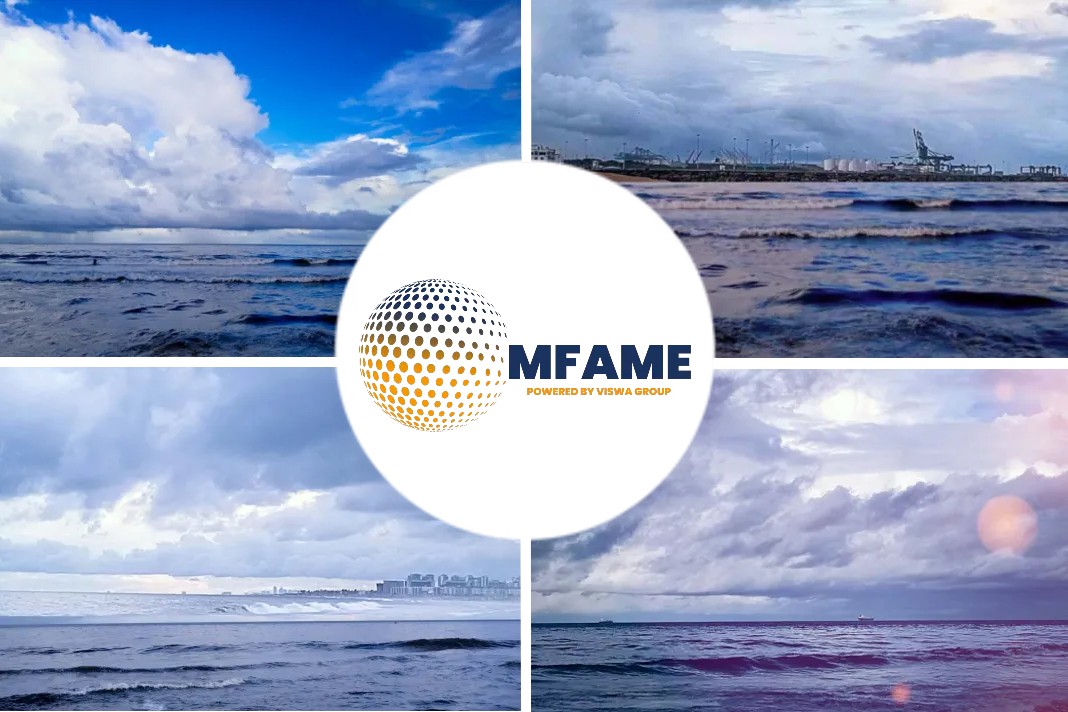
Global Freight Monitor: Dry bulk strength hinges on continued China imports write Parash Jain, Head of Shipping & Ports & Asia Transport Research, Deepak Maurya, CFA Analyst, Bruce Chu, CFA Associate and Cathy Huang, CFA Associate for a Container News source.
Higher fuel price to last and put pressure on shipping margins
The Brent price has risen 26% since July.
The HSBC Oil & Gas team expects the market to remain tight due to Saudi Arabia’s cut, which could last until end-April 2024, and continued strength in China’s demand, which reached an all-time high of 16.7mbd in July (see: Saudi cuts extended; raising forecasts, 22 Sept 2023).
Similarly, the blended bunker price has risen 20% since July. This will likely squeeze margins for container shipping alongside weakness in freight rates. However, while Singapore’s Jet fuel price has increased 35% since July, we think strong pent-up travel demand could cushion airlines, enabling them to pass on increased fuel prices with surcharges.
Dry bulk rate rally, mainly on China’s demand
BDI ended its 11 consecutive days of rally on 21 September but is still at its highest level since 11 May. We think the rally in the dry bulk rate was propelled by China’s surprisingly strong commodities imports. Indeed, as per Clarkson, China’s seaborne dry bulk imports grew 14% y-o-y in 1H23 (vs 5.9% globally), among which coal imports were up 77%, iron ore up 7%, and grains up 6%. In August, China’s iron ore and coal imports had grown 7% and 82% YTD, respectively.
However, a potential steel supply cut could drag down large vessel rates: China alone accounted for 36% of total global seaborne dry bulk trade in 2022, and an even more pronounced 74% of seaborne iron ore trade. Clarkson’s forecast implied a 0.9% y-o-y drop in seaborne iron ore imports from China in 2H23, echoing the view of HSBC’s China Material team that supply-side control of steel is likely in the near term, dampening China’s iron ore imports (see: Mixed metal trade trend remains, 7 Sept 2023). This will in turn exert downward pressure on dry bulk rates, especially for large vessels, given China accounts for the largest share of global dry bulk trade.
Container and tanker shipping rates update: The Shanghai Containerised Freight Index (SCFI) decreased 3.9% w-o-w, down three weeks in a row. Tanker rates remain volatile, with VLCC TCE earnings in the MEG to China route slipping in the first half of September, albeit there has been a pick-up in recent days. This is likely due to the recent surge in the fuel price, but the weak sentiment was somewhat offset by expectations of growing demand from China.
Did you subscribe to our daily newsletter?
It’s Free! Click here to Subscribe
Source : Container News














